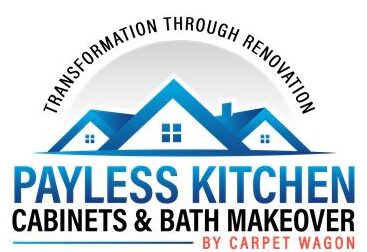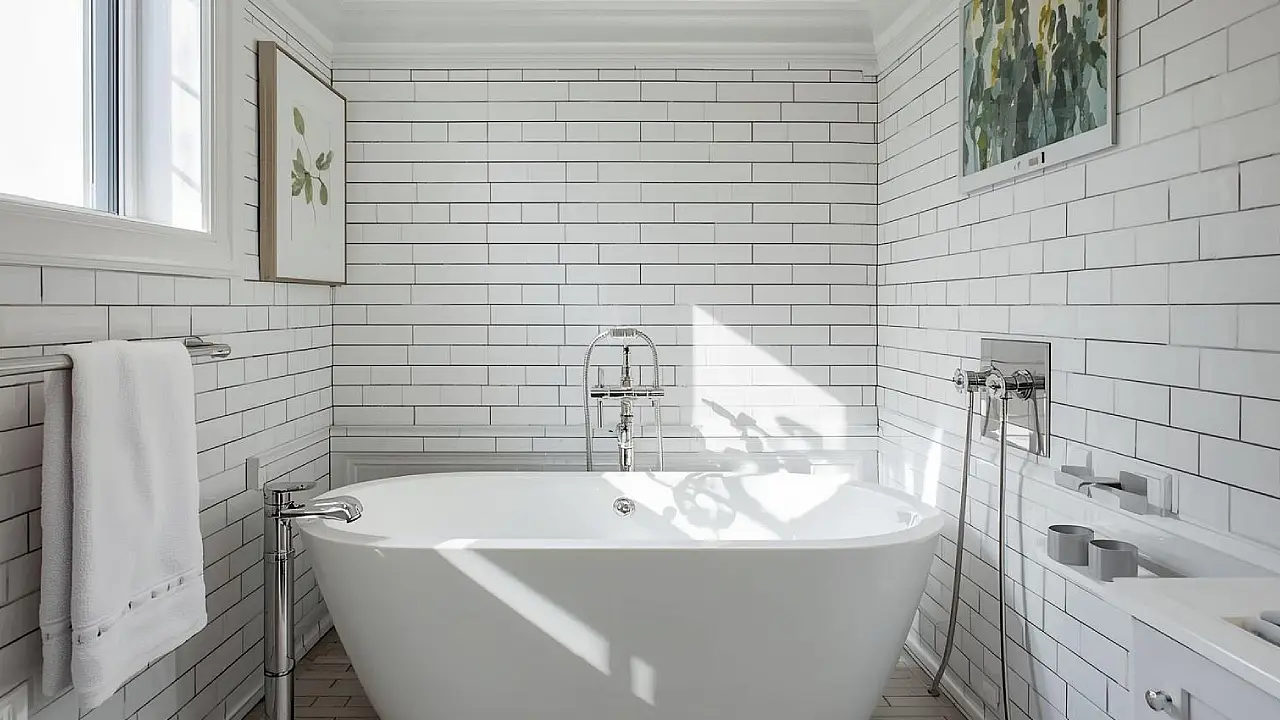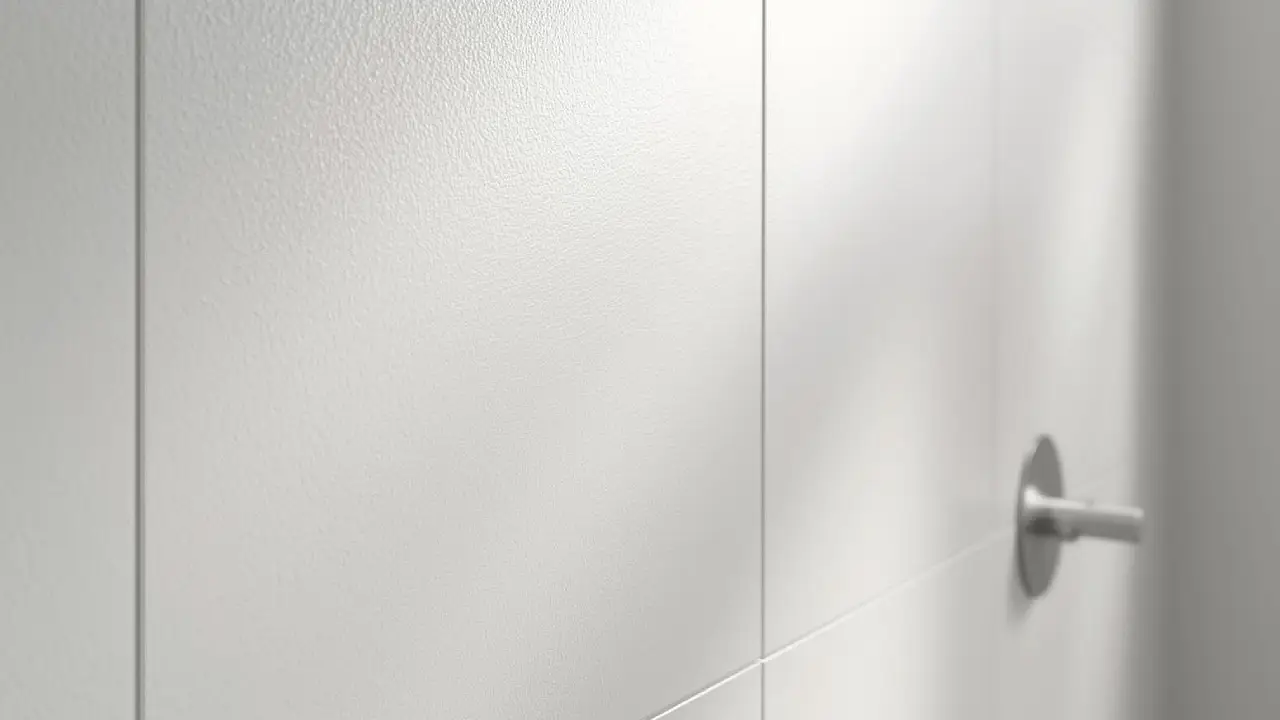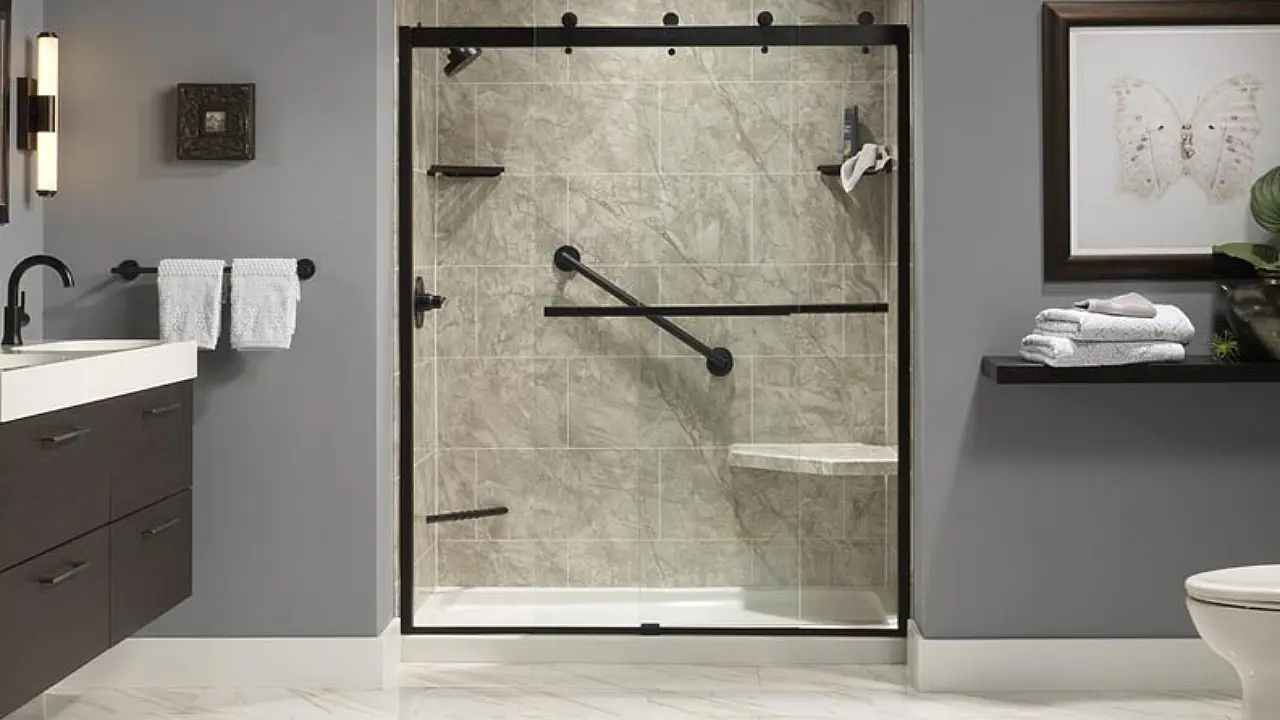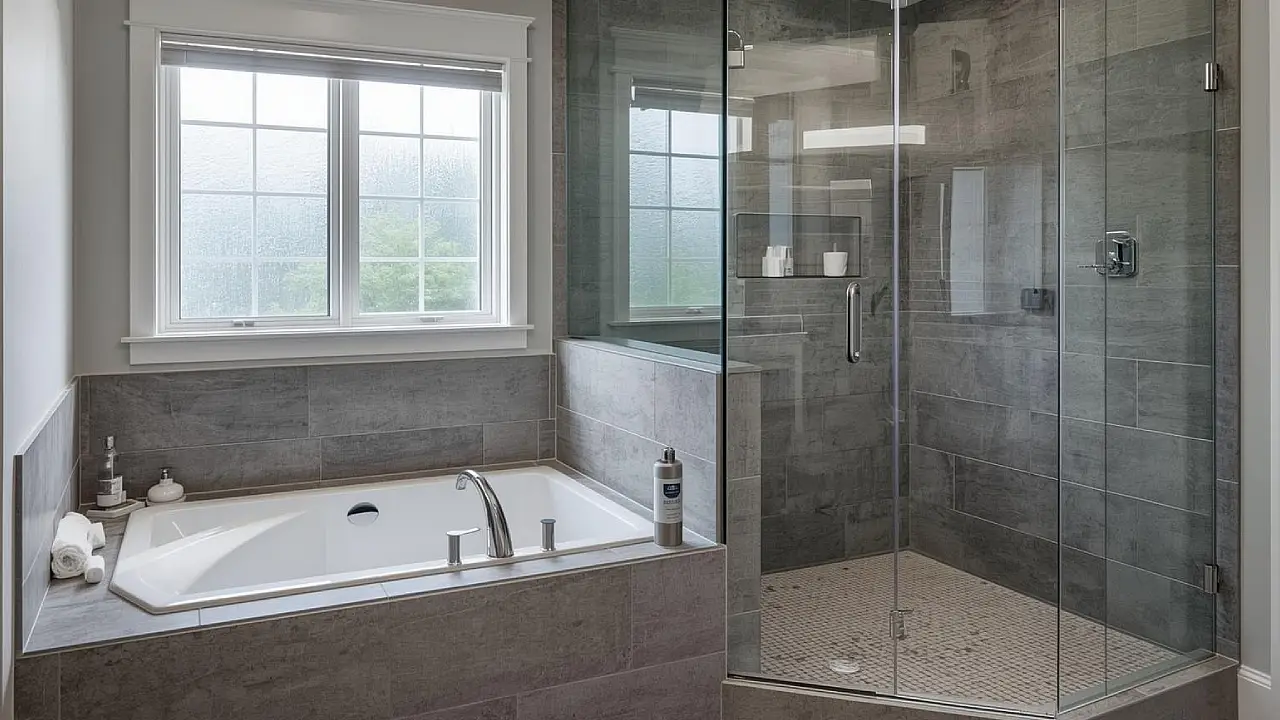Are you looking to upgrade your tub to a modern shower? While at-home projects can save money, a DIY tub-to-shower conversion isn’t usually a great idea.
If you’re looking for professional bathroom remodeling in Glendale, CA, our team at Payless Bath Makeover can help you avoid the common pitfalls of amateur renovations. In this guide, we’ll explain why at-home projects often lead to costly mistakes and safety hazards.
The Risks of DIY Bathroom Renovations
A DIY renovation might seem tempting, but this complex home improvement project involves multiple specialized skills. Without proper experience, you could face serious complications that compromise your bathroom’s functionality and value.
Plumbing Complications
Bathroom changes require extensive plumbing expertise to handle properly. Moving drain lines, adjusting water supply lines, and ensuring proper venting all demand ample training and certifications. Even small mistakes can lead to leaks, water damage, or code violations.
Incorrect plumbing modifications can also cause:
-
Sewage backups due to improper venting
-
Water pressure issues from incorrect pipe sizing
-
Hidden leaks that cause mold growth
-
Drainage problems from improper slope
-
Cross-contamination of water lines
Structural Issues
Removing a tub and installing a stand-up system affects your bathroom’s structural integrity. You must properly waterproof the space and ensure the subfloor can support the new shower enclosure.
Amateur installations often result in water damage to surrounding walls and floors. Incorrect structural modifications can compromise your home’s foundation over time.
Code Violations
Local building codes regulate bathroom renovations for safety reasons. Without knowledge of current requirements, your amateur project could violate codes related to ventilation, electrical safety, and waterproofing standards.
Building inspectors can require you to tear out and redo non-compliant DIY tub-to-shower conversion work at your expense. These violations could also affect your home insurance coverage.
Installation Errors
Installing a water-tight enclosure demands precise measurements and specialized tools. Improper installation can lead to leaks, uneven surfaces, and unstable fixtures.
Licensed installers understand how different materials interact with moisture and how to prevent water infiltration. Experienced contractors also know how to properly seal joints and transitions to prevent problems.
Cost Overruns
While the DIY approach aims to reduce labor costs, mistakes often lead to expensive repairs. Plus, poor installations can harm your home’s resale value.
Hidden damage from improper installation may not appear until months after completion. Emergency repairs typically cost much more than expert installation jobs. Of all the design trends ending in 2024, DIY remodels should top the list.
Mold and Moisture Problems
Improper waterproofing during a DIY tub-to-shower conversion can create perfect conditions for mold growth. Water can seep behind tiles and into wall cavities without proper moisture barriers and sealing techniques.
Hidden moisture problems can spread throughout your bathroom walls before becoming visible. The cost of professional mold remediation far exceeds any initial savings from your at-home installation.
Warranty and Insurance Issues
DIY installations typically void manufacturer warranties on components and materials. Most insurance companies require certified installation for coverage of water damage claims.
A failed amateur conversion could leave you personally liable for any resulting property damage. Without proper documentation of licensed installation, you may face challenges when selling your home or filing insurance claims.
How an Expert Contractor Can Streamline Your Remodel
Professional contractors bring valuable expertise to your project, which is well worth the added costs. They understand local building codes, proper waterproofing techniques, and how to achieve optimal bathroom aesthetics.
A qualified contractor will:
-
Conduct a thorough site assessment and measurements: Your contractor evaluates the space’s dimensions, structural elements, plumbing locations, and potential obstacles to create a detailed installation plan.
-
Handle permits and inspections: Professional installers navigate the complex permitting process and schedule all required inspections to make sure your renovation meets local building codes.
-
Ensure proper drainage and waterproofing: They install multi-layer waterproofing systems and precisely slope the shower floor to prevent water damage and ensure efficient drainage.
-
Complete the project efficiently with minimal disruption: Experienced crews coordinate materials, scheduling, and labor to minimize the time your bathroom is out of commission.
-
Guarantee their work with warranties: Licensed installations come with workmanship warranties that protect your investment and provide peace of mind.
-
Maintain safety standards throughout installation: Contractors follow strict safety protocols to protect your home and family from hazards like dust, debris, and construction materials.
Trust Payless Bath Makeover for Your Renovation Needs
Before starting a DIY tub-to-shower conversion, consider the risks and complexities involved. Learn more about tub-to-shower conversion pros and cons to make an informed decision.
We specialize in professional bathroom renovations that prioritize safety, quality, and lasting value. Call us at Payless Bath Makeover at (866) 936-5739 for expert tub-to-shower conversion services in Glendale, California.
- One Piece vs Two Piece Toilet – What’s the Difference - April 30, 2025
- Bidet Seat vs Bidet Toilet – Choosing the Right One - April 30, 2025
- Best Materials for Your Bathroom Vanity Cabinets - March 19, 2025
